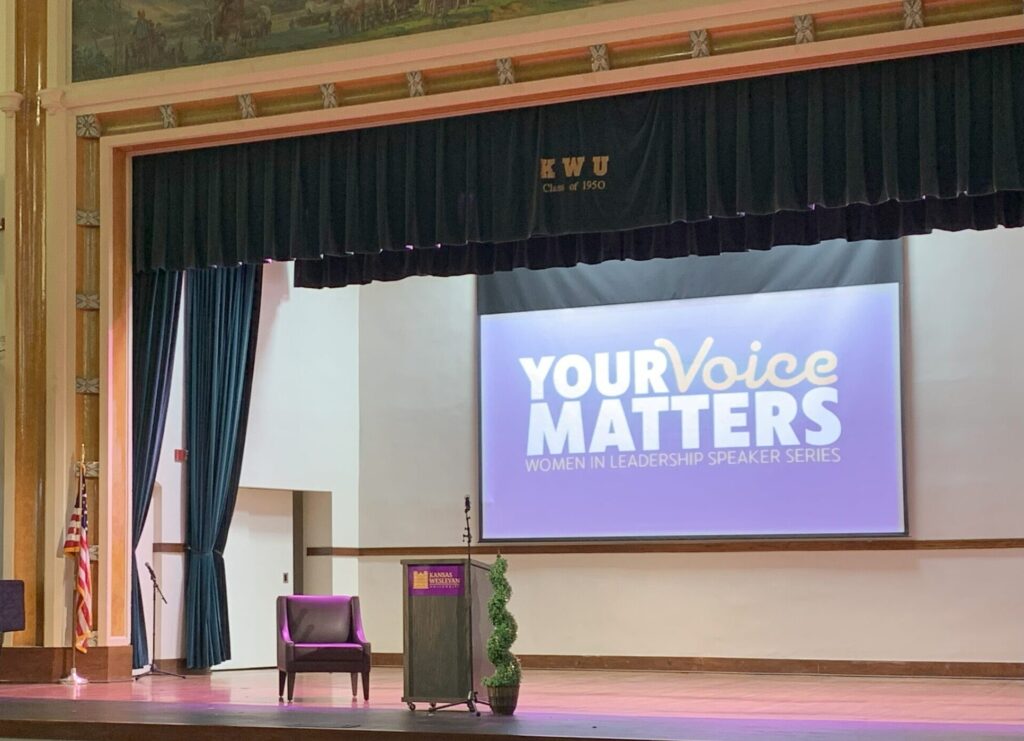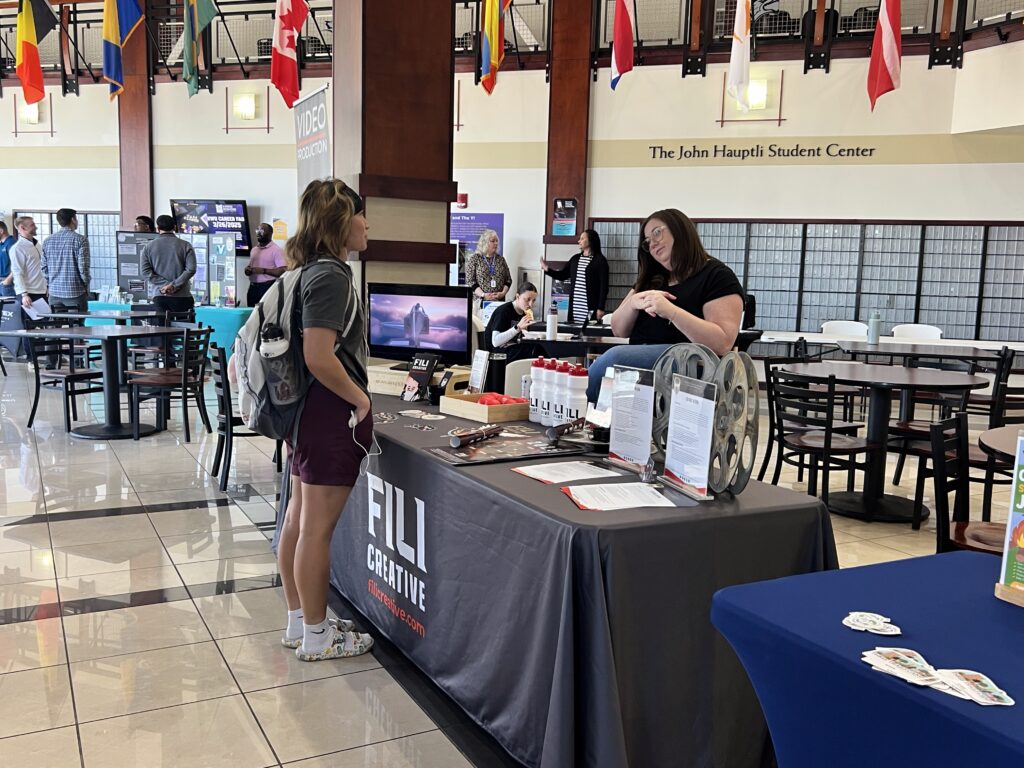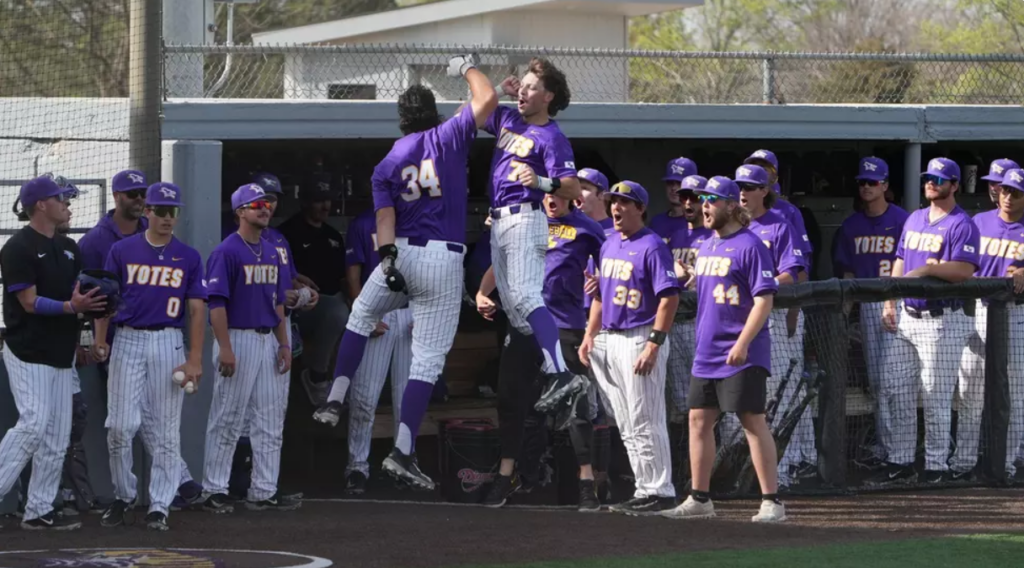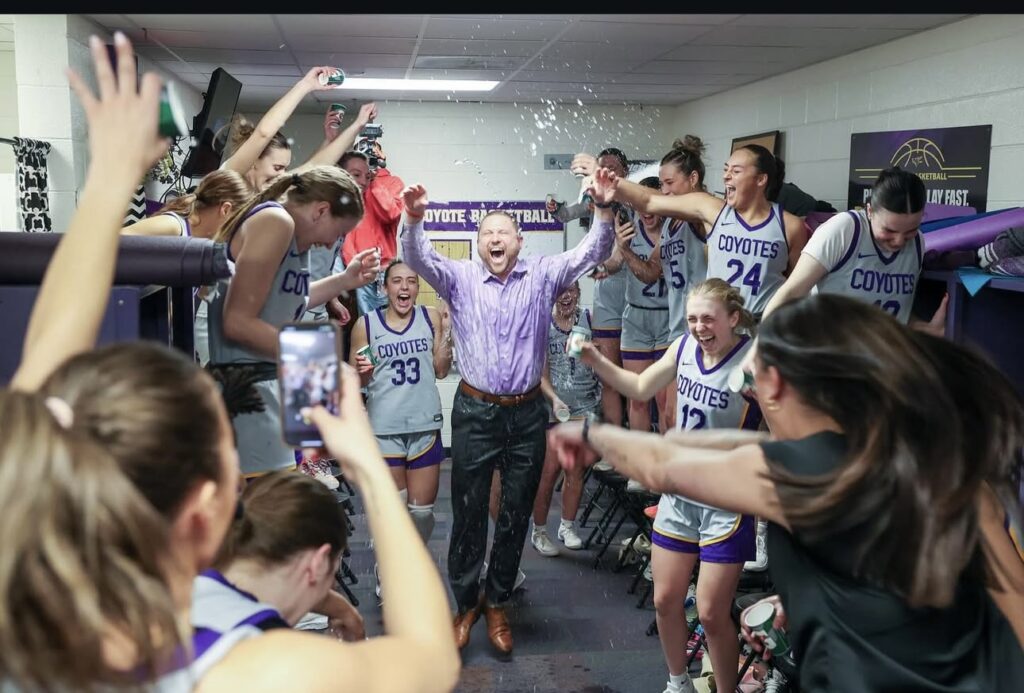First Responders Conference
Written by Merissa Bailey Rios on February 20, 2025
A First Responders Conference here at KWU.
Two departments at Kansas Wesleyan University joined forces to develop a groundbreaking event. Extending a special invitation to local emergency responders. The Criminal Justice and Social Work departments proudly presented the First Responder Wellness Conference on February 13th. Spearheaded by Criminal Justice Professor David Lanning and Social Work Professor and Department Chair Kelly Moore, the conference aimed to initiate a crucial dialogue surrounding the often-unseen trauma experienced by individuals working in emergency response professions. This collaborative effort recognized these professionals’ unique challenges. Seeking to provide a supportive environment for discussion and potential resource sharing.
This event was covered by KSAL, Salina Post, and Salina Journal.
First Responders Attendance
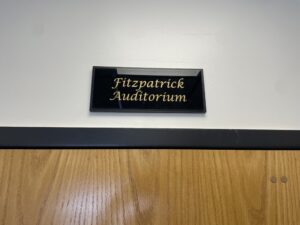
The Fitzpatrick Auditorium recently hosted a crucial training session for the first responders from across the region. Demonstrating a commitment to supporting those who serve our communities. Attendees traveled from various locations, including Salina, Ellsworth, and Topeka. Converging on the auditorium to learn about the often-unseen consequences of their demanding work: the signs of trauma and effective strategies for managing the significant stressors inherent in their professions. The training aimed to equip these dedicated individuals with the knowledge and tools necessary to navigate the emotional challenges they face daily.
The session focused on recognizing the signs of trauma, both in themselves and in their colleagues. First responders, from dispatchers who handle frantic calls to Kansas Bureau of Investigation (KBI) agents working complex cases, are regularly exposed to traumatic events. The training emphasized the importance of recognizing the symptoms of post-traumatic stress, anxiety, depression, and other mental health challenges that can arise from this exposure. Participants learned about the various ways trauma can manifest, including physical symptoms, emotional changes, and behavioral shifts. They also explored the impact of cumulative stress, recognizing that even seemingly small incidents can contribute to a larger burden over time.
Moore’s Impact

The driving force behind this important conference was trauma therapist Moore, a specialist in first responder care. Moore played a pivotal role in organizing and hosting the event, driven by a deep commitment to serving those who serve us. Moore’s expertise in trauma-informed care provided a valuable framework for the training, ensuring that the content was relevant, practical, and sensitive to the specific needs of first responders.
The conference reflected Moore’s dedication to providing comprehensive support to these individuals, recognizing that their well-being is essential not only for their health but also for the continued safety and security of the communities they protect. The goal for Moore was clear, “providing service to our first responders,” ensuring they have the resources and support necessary to thrive both personally and professionally.
KWU Mental Heath
On campus, students have access to a wealth of resources designed to support their well-being, both academically and personally. One such resource is he weekly Mental Health Monday newsletter, delivered to student inboxes every Monday by Bridget Weiser. This newsletter serves as a valuable connection to the support system available at the university, highlighting the various avenues students explore to maintain and improve their mental health.
Mental Health Monday Goal
Each Mental Health Monday email emphasizes the importance of prioritizing mental well-being. Offering a range of services designed to address a variety of concerns. The newsletter frequently promotes “one-on-one counseling sessions,” providing students with the opportunity to speak confidentially with a trained counselor about any challenges they may be facing. These sessions offer a safe and supportive space to explore personal issues, develop coping strategies, and work toward positive change. The newsletter also publicizes “group therapy” options, which bring students together to share experiences, learn from one another, and build a sense of community. These groups often focus on specific issues, such as stress management, anxiety reduction, or depression support.
The Mental Health Monday newsletter emphasizes that these resources are available to all students, regardless of the source of stress or concern. Whether a student is experiencing difficulties at home, struggling with academic pressure, navigating roommate conflicts, dealing with the demands of a sports team, or facing challenges in the classroom, the university offers support. The message is clear: students are not alone, and help is readily available. For more detailed information about the mental health resources available on campus, students are encouraged to check their email each Monday for the Mental Health Monday newsletter from Bridget Weiser.
You can continue to learn more about the mental health impacts on college students from a previous Student Media article, by Ashley Bissell, Mental Health In College Students.
